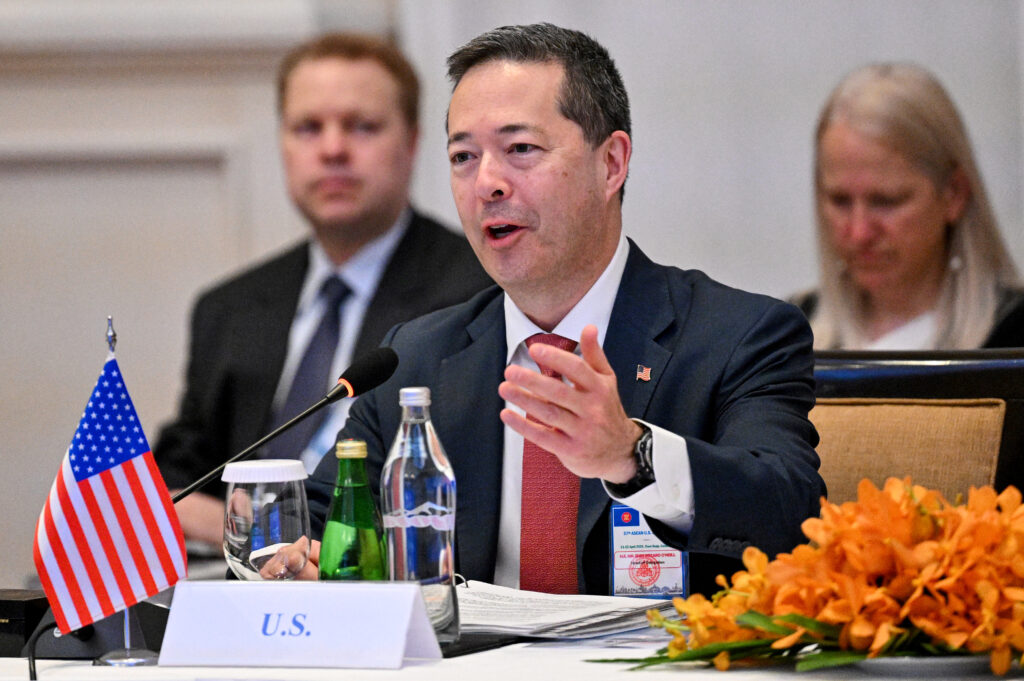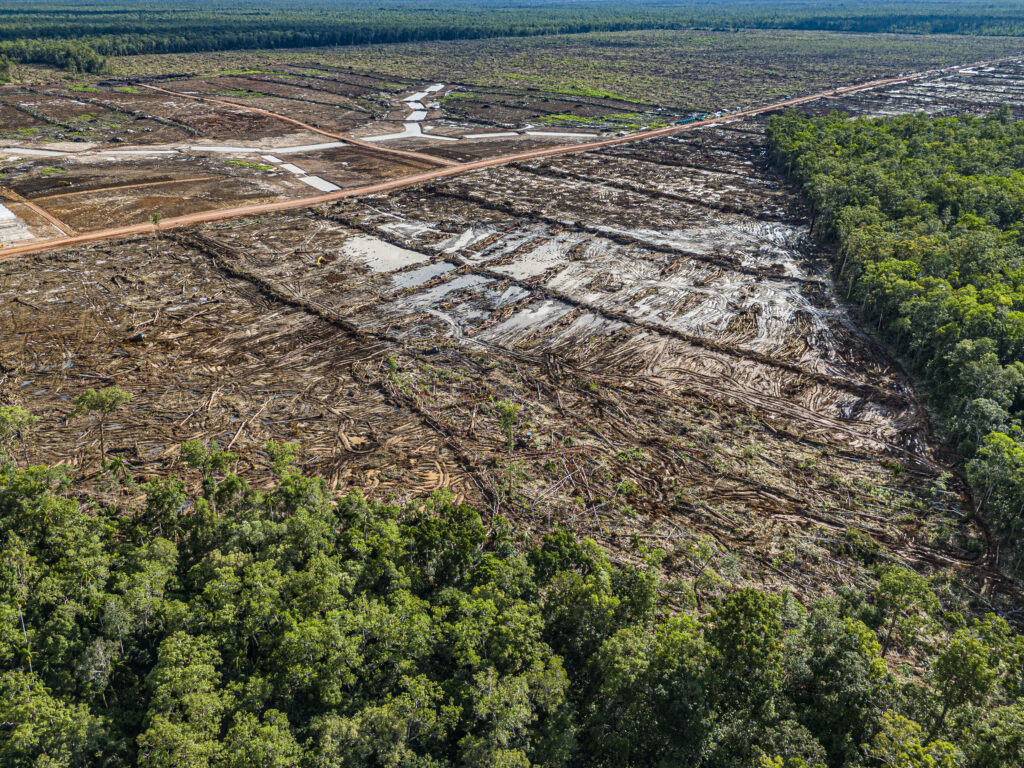AFP Asia Business
US official asserts Trump’s agenda in tariff-hit Southeast Asia
The first US official to visit Southeast Asia since Washington announced punitive tariffs on the region’s countries on Tuesday issued a robust defence of President Donald Trump’s foreign policy approach.Sean O’Neill, the United States’ senior bureau official for East Asian and Pacific Affairs, is in Cambodia this week, co-chairing the 37th ASEAN-US Dialogue.The two-day meeting …
US official asserts Trump’s agenda in tariff-hit Southeast Asia Read More »
US to impose new duties on solar imports from Southeast Asia
The United States on Monday announced its intention to impose tariffs of up to 3,521 percent on solar panels from Southeast Asia, a move aimed at countering alleged Chinese subsidies and dumping in the sector.The tariffs on companies from Cambodia, Thailand, Malaysia and Vietnam will still need to be ratified at a meeting of the …
US to impose new duties on solar imports from Southeast Asia Read More »
Auto Shanghai to showcase electric competition at sector’s new frontier
The world’s biggest auto show opens Wednesday in Shanghai, with foreign carmakers raring to show they can compete against the ultra-competitive Chinese firms that dominate the sector’s new electric frontier.As the petrol engine’s primacy stutters, traditional industry expos like Paris and Detroit are scrambling to re-invent themselves — but in Shanghai the era of cleaner engines …
Auto Shanghai to showcase electric competition at sector’s new frontier Read More »
Indonesia food plan risks ‘world’s largest’ deforestation
An Indonesian soldier gives a thumbs up as he crosses a rice field on a combine harvester in remote Papua, where a government food security mega-project has raised fears of mass deforestation.Keen to end its reliance on rice imports, Indonesia wants to plant vast tracts of the crop, along with sugar cane for biofuel, in …
Indonesia food plan risks ‘world’s largest’ deforestation Read More »
Woe is the pinata, a casualty of Trump trade war
The humble pinata has become one of the latest targets to take a whacking in US President Donald Trump’s trade war.Party store owner Patricia Loperena said she has supplied fewer parties this year than last, which means she is selling fewer of the colorful candy-filled papier mache favors at her southern California establishment.Another blow to …
Woe is the pinata, a casualty of Trump trade war Read More »





